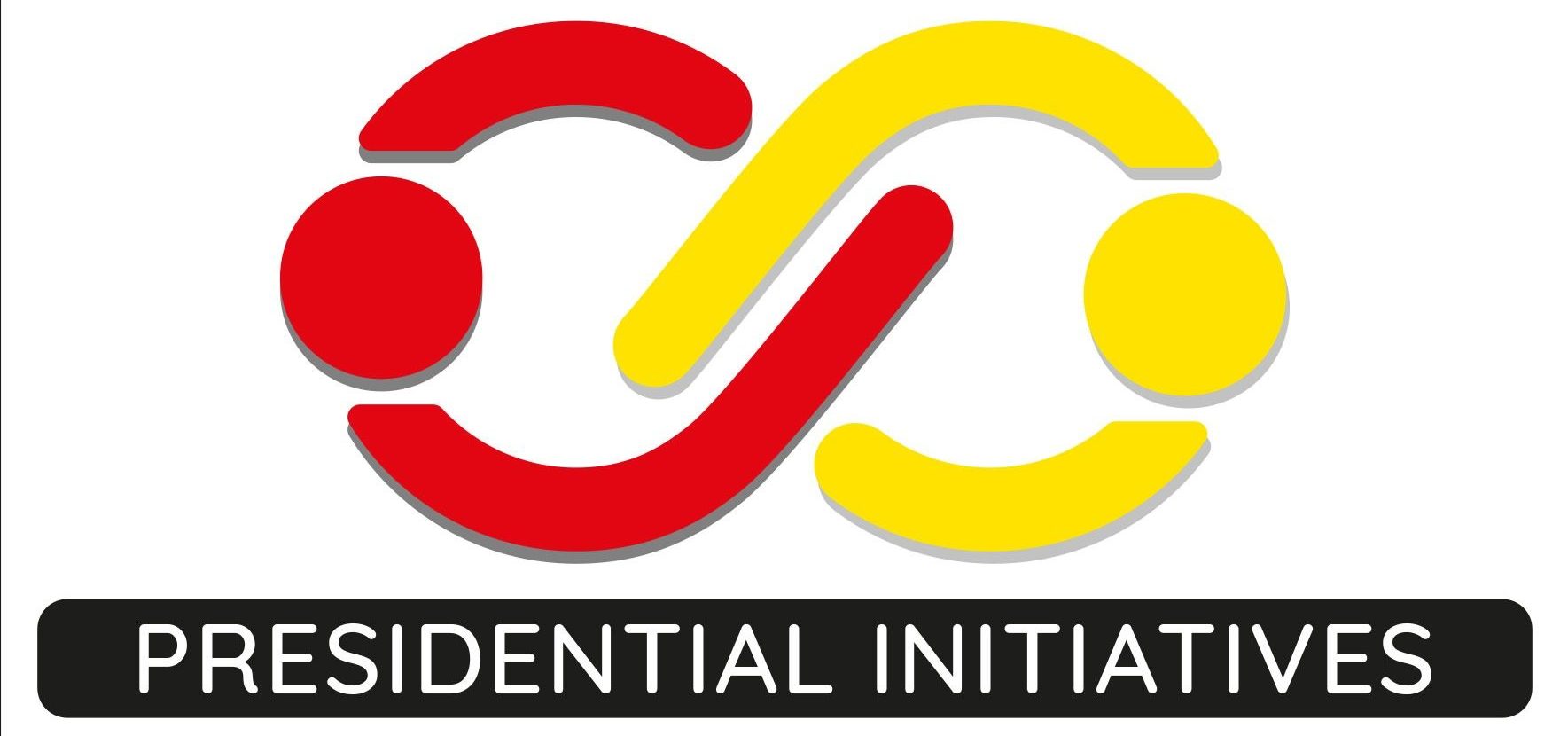
Another group of 240 students has enrolled in the Lango Presidential Zonal Industrial Hub, which is housed at Lira University in Lira City.
The students are enrolled to receive training in a variety of trades, such as joinery, carpentry, hairdressing, and tailoring. Knitting, confectionary, architecture and construction, welding, and metal fabrication are among more short courses.
After 459 students finished their first and second training, this is the third intake. The training sessions are spaced out by six months.
Vicky Abura, the hub’s acting manager, received certificates for level one on September 26, 2023, after the first group of 220 learners had finished their training in January. This month’s second lot was made available on September 9.
Initiative for boosting skills
President Yoweri Museveni pleaded with the government to set aside shillings 130 billion in 2020 for the building of 21 zonal industrial centres around the nation to improve youth skill development and training and lessen the young labor shortage.
Since then, the hub has functioned on semester modules, with two semesters each year, after which each student is given a diploma. The hub targeted underprivileged adolescents between the ages of 18 and 32.
The effort, according to Raymond Kamugisha, director of Presidential projects and hubs, intends to help unemployed youngsters make the shift from job seekers to job producers.
The identification of the third beneficiary, according to Abura, has begun, and they are anticipated to begin reporting on October 11.
“We expect 21 students from each district, including Lira city and Apac municipality,” Abura continued.
Political interference
Abdul George, the chairman of the board of governors and Apac Resident District Commissioner, expressed worries about the recipients’ identity two weeks earlier, claiming there was a lot of political inference.
He added that in certain cases, those who got the forms concealed themselves, chose only those in one or two subcounties, and then claimed it was for the entire district.
Abura used the Dokolo district as an example, where only two sub-counties (Agwata and Adok) were used to select the recipients, who were then submitted, and numerous objections were made afterward.
I gave the form to the National Resistance Movement (NRM) party chairman in the Kole area, but he withheld it and only recorded the names of his close friends and family, according to Abura.
She continued by saying that after the district leadership rejected the list that was given to them, another list was also created.
In order to prevent future incidents, Dokolo Resident District Commissioner Barbra Akech stated they met with all the interested parties and delivered the forms to all the sub-counties in the district.
She stated that in order to make sure the appropriate people are chosen, a sub-county vetting committee led by the chairperson has been established, and names would shortly be provided to it.
“Unlike earlier intakes, where the hub management claimed that some students were not willing to study and that others were drug users, criminals, and drunkards, we want to choose the proper people who are willing to do so.
Abura added that they have decided that in order to prevent misunderstandings and promote openness in the process, every leader indicated on the form must sign and stamp it.



